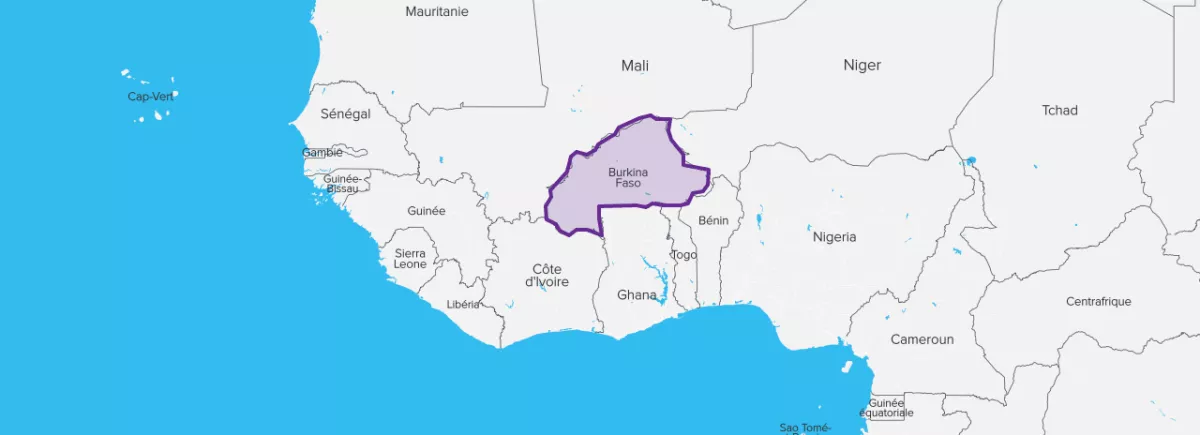
Digital Citizenship: Burkina Faso
This paper provides a synthetic presentation of digital citizenship in Burkina Faso.
FREEDOM OF THE PRESS
In 2016, Burkina Faso was 42nd in the global rankings published by
Reporters Without Borders, a climb of four places relative to the year before.
OPEN DATA
Burkina Faso is the first country in the region to make a full commitment to the open data movement,
with the support of the
World Bank and the Open Data Institute. Appropriation and interpretation of declassified data by non-government bodies has been slowed by the political crisis that has shaken the country.
SOCIAL MEDIA
Facebook and Twitter are capturing considerable numbers of young people, and politicians have
taken note. By way of example, social media supplemented radio in reporting the events that followed
the
fall of the Compaoré regime.

Download the summary of the study (PDF)
GLOSSARY AND SOURCES
Cyberactivists: Term covering various forms of militancy practised with the aid of the internet. Africtivistes, the African association of cyberactivists for democracy, held its first meeting in Dakar in November 2015.
Open data: Open data is both a movement, a philosophy of access to information and the practice of publishing data so that it is freely accessible and usable. It forms part of a trend whereby state information is regarded as a common good whose dissemination is in the public interest.
Open Government Partnership (OGP): The Open Government Partnership is a multilateral partnership which aims to promote transparency in government activity and open it up to new forms of collaboration and joint action with civil society, in particular through the exploitation of digital and other new technologies. The OGP is run on a collegial basis involving both governments and civil society. The presidency of the organisation is currently held by France, for a one-year term which began in September 2016.
Democracy Index: Founded by the Economist Group in 2006, the Democracy Index assesses the level of democracy in 167 countries. Evaluations are based on 60 criteria grouped into five categories, namely electoral process and pluralism, civil liberties, functioning of government, political participation and political culture. Countries are scored on a scale from 0 to 10. Each country is then classified as a full democracy, flawed democracy, hybrid regime or authoritarian regime according to its score.


